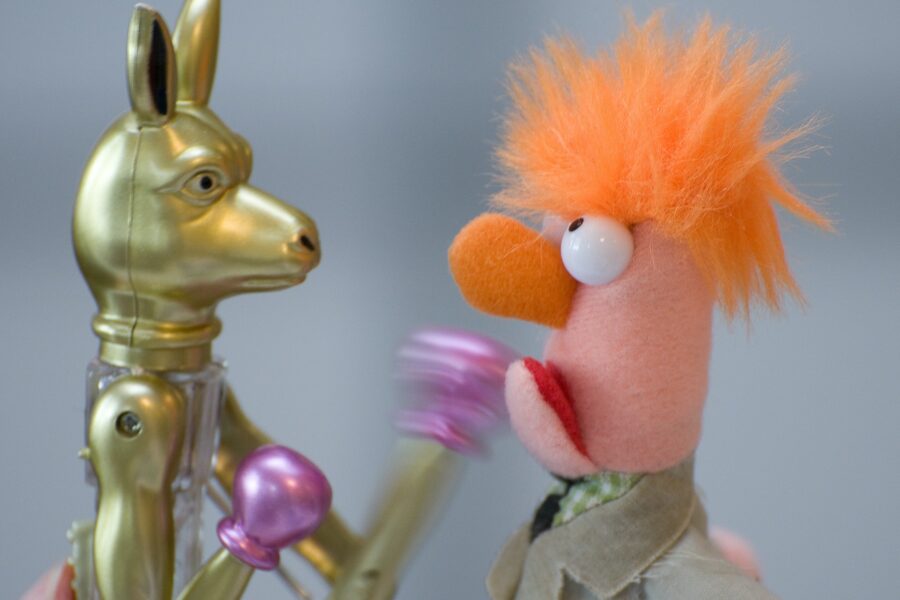How to Handle Difficult Conversations at Work
It’s unfortunate so many issues in today’s world simply come from misunderstandings. Having hard conversations is a skill that takes patience, time, and vulnerability and is often avoided in the workplace. Ideally, effectively communicating your feelings is a skill you learn in the family at a young age. For me, I didn’t have a great model for this growing up and really started developing this skill in my early adult years. What I discovered about myself was eye-opening.
In hard conversations, it was extremely difficult for me to effectively communicate my feeling because vulnerability was scary. Since then, I’ve had countless crucial conversations with friends, family, and colleagues. I believe the art of communicating your feelings at work is simply being vulnerable. In today’s article I’ll walk you through a few things I do to effective communicate my feelings.
Are they trustworthy?
Communicating your thoughts and feelings is dangerous if you know the other person does not have your best interest in mind. Have you had a negative experience with this person before or know someone who has? If the answer is yes, be cautious. In this scenario, you’ll want to involve an unbiased 3rd party (such as another manager you trust) who could act as a mediator. On one hand, I believe having conversations 1 on 1 behind closed doors is the way to go. On the other hand, if the person is known to take criticism or feedback poorly, it’s much safer to get a 3rd party involved.
If there is no one to mediate for you, proceed with caution. Expect the best, prepare for the worst.
In all honesty, people are offended easily. People have bad hair days, run late on assignments and stressed out, just had a fight with their spouse. Life happens. Just remember this when you engage in future conversations.
Be prepared to learn new information
In hard conversations, you’re inevitably going to learn new information. When conversations become hard, it’s because something went wrong. Either or both people were rubbed the wrong way due to something. Your mission is to uncover this. This is where the new information will help. From my experience, new information comes either as personal detail (e.g. illness) or something you did (e.g. feeling of a lack of commitment). Either way, you’re going to learn something that you didn’t know going in.
Make it right
“I expect to pass through life but once. If, therefore, there be any kindness I can show, or any good thing I can do to any fellow-being, let me do it now, and not defer or neglect it, as I shall not pass this way again.”
William Penn
I believe one of the most important things in life are my personal relationships. It brings me the most fulfillment and is what truly matter in this life. I believe every situation is worth the attempt in making it right. Acknowledge their grievance and then try and come to a place of mutual understanding. It doesn’t mean each party agrees with one another, but both parties leave feeling respected.
Practice
Practice makes perfect. You’ve heard this 100 times already. The same is true here. The more times you work at communicating your feelings, the easier they will get. Before you know it, you’ll be the U.S. Ambassador to a country resolving extremely difficult challenges.
Conclusion
Having hard conversations can be draining, tiring, and just stressful. On the other hand, coming through the other side of hard conversations are rewarding, relieving, and makes you feel good. I believe it takes hard work, but going through to the other side will bring you a smile on your face, So hang tight, say a prayer, and do your best to conquer this conversation.
Let me know what you thought in the comments below or if there are other topics you would like to hear about.







